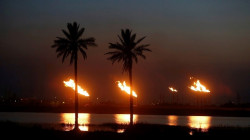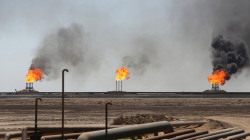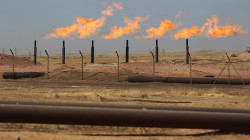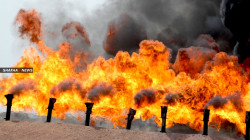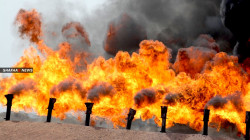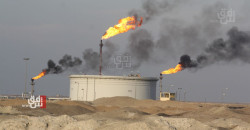World Bank: Iraq among the top four "gas flaring" countries
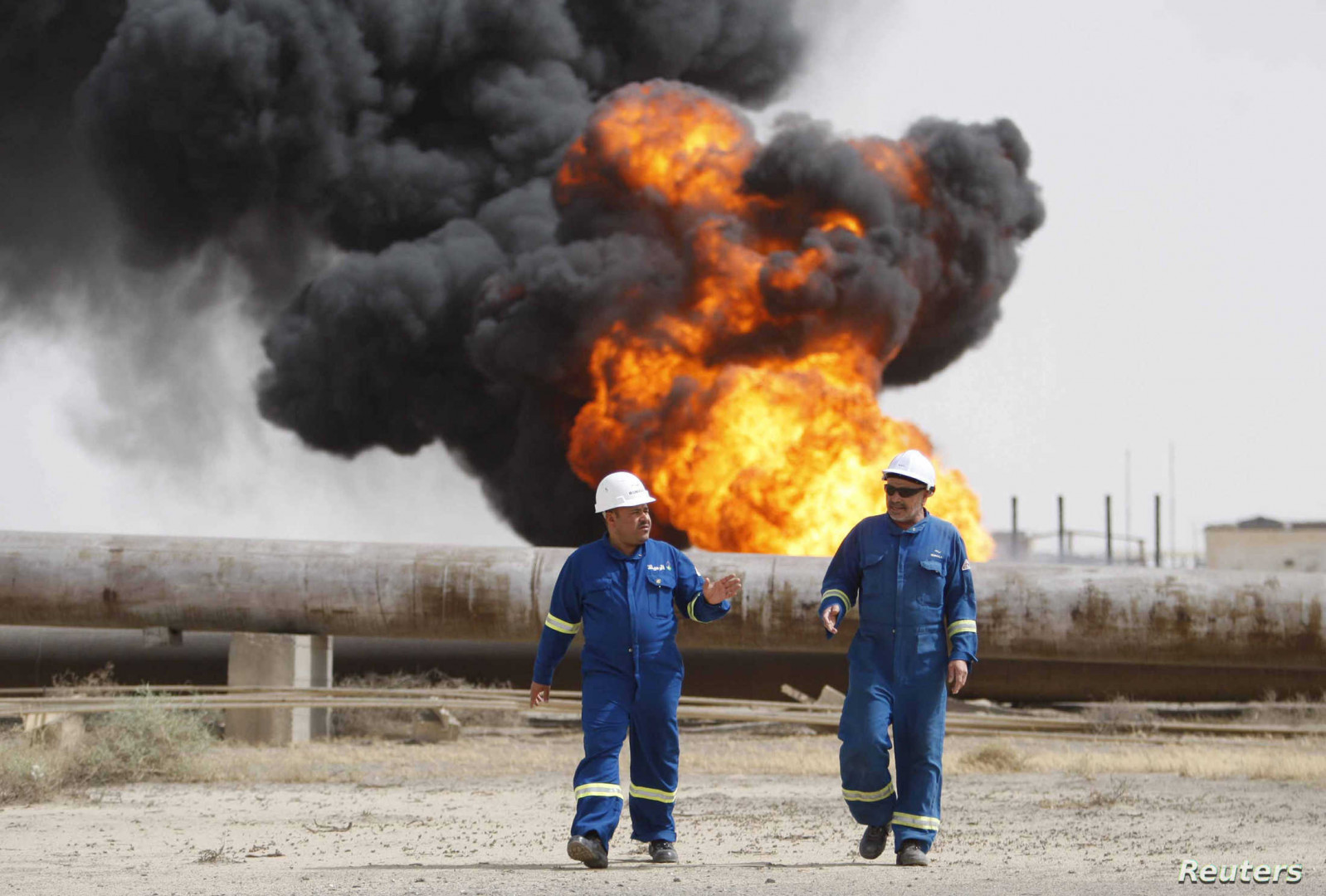
Shafaq News/ Four countries, including Iraq, are responsible for 45% of global gas flaring, according to the world bank.
"The top four gas flaring countries (Russia, Iraq, the United States, and Iran) continue to account for almost half (45%) of all global gas flaring, for three years running (2017-2019)", the bank said in a report reviewed by Shafaq News agency.
The report added, "Gas flaring, the burning of natural gas associated with oil extraction, takes place because of technical, regulatory, and/or economic constraints", noting that, "It results in more than 400 million tons of CO2 equivalent emissions every year and wastes a valuable resource, with harmful impacts to the environment from un-combusted methane and black carbon emissions".
It indicated, "Estimates from satellite data show global gas flaring increased to levels not seen in more than a decade, to 150 billion cubic meters (bcm), equivalent to the total annual gas consumption of Sub-Saharan Africa".
"Our data suggest that gas flaring continues to be a persistent problem, with solutions remaining difficult or uneconomic in certain countries", said Christopher Sheldon, Practice Manager in the Energy & Extractives Global Practice, World Bank, "The current COVID-19 pandemic and crisis brings additional challenges, with sustainability and climate concerns potentially sidelined. We must reverse this worrying trend and end routine gas flaring once and for all".
On June 20, the Iraqi Minister of Oil, Ihsan Abdel-Jabbar, affirmed that curbing gas flaring and improving fuel quality are among the ministry's priorities.
Iraq has signed with agreements with several international companies, including Shell, Baker Hughes and Honeywell to invest in the by-product gas emanating during the oil production process.
According to initial estimates, Iraq has an estimated stock of 112 trillion cubic feet of gas. However, 700 million cubic feet are wasted due to the lack of infrastructure to process it.
